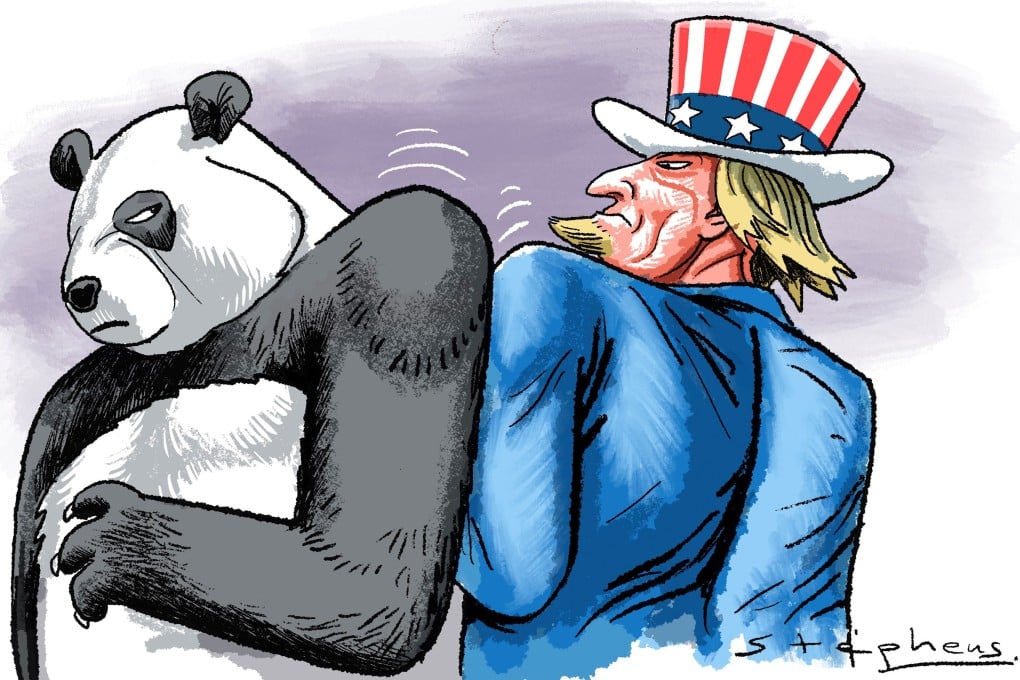Opinion | US-China relations: ‘de-risking’ and cold-shouldering are not sustainable superpower strategies
- Biden’s administration is talking up ‘a foreign policy for the middle class’, while pushing alliance mechanisms against China and Russia
- As a result, Beijing seems to have given up on engaging with Washington, and is focusing on Europe. China and the US can’t go on like this, though

Indulged or not, he enunciated an essentially state interventionist and protectionist economic approach to restoring the United States’ middle class, whose atrophy he implied threatens the very foundation of American power and appeal.
Key among the drivers of economic inequality, he said, are “decades of trickle-down economic policies – policies like regressive tax cuts, deep cuts to public investment, unchecked corporate concentration and active measures to undermine the labour movement that initially built the American middle class”. He called for “a foreign policy for the middle class” and said “trade policy needs to be about more than tariff reduction”.
While industrial policy has worked remarkably well in China, as it did in Japan and South Korea when those economies were taking off, it may not readily take root in American soil.
A leopard doesn’t change its spots, as the adage goes. The United States will remain the ultimate bastion of laissez-faire capitalism, just as China won’t change its spots either. This means that policy transmutation in the US will be fraught with practical difficulties, if it is not impossible, for it will require the corresponding adaptation of a political system now canonised as “values” such as liberty and democracy.

